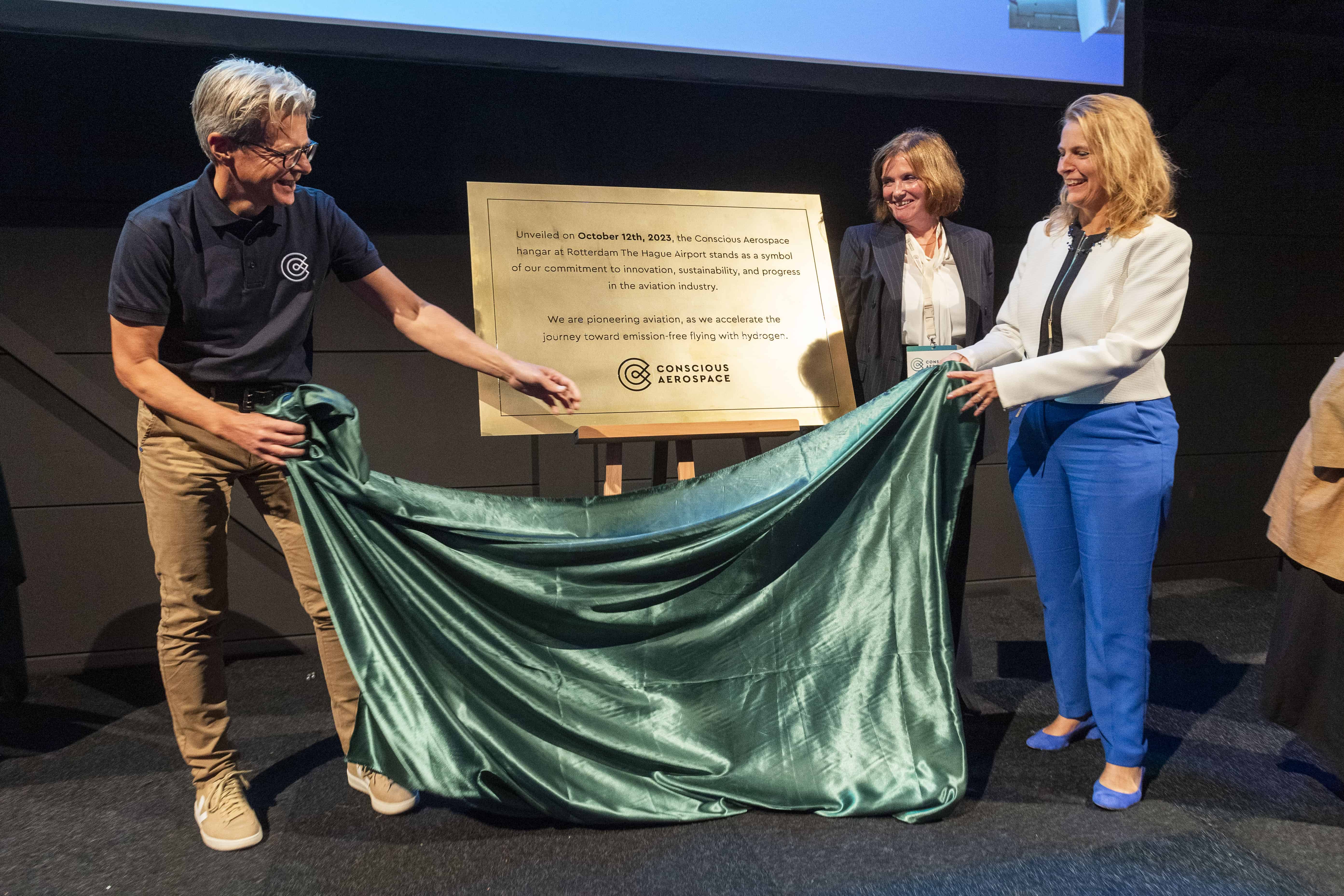
The mobility of the future has to become more environmentally friendly. And we have to move away from fossil fuels and environmentally harmful emissions. Research is heading in different directions: Synthetic fuels from renewable sources, electricity, and hydrogen. Low-emission engines and unmanned and electric aircraft will soon be seen in the skies.
In order to further advance research in these areas, the German Aerospace Center (DLR) is setting up four new institutes and facilities as part of the Electric Flight research program. Funding has now been assured with the adoption of the Structural Strengthening Act (StStG) by the German Federal Parliament and the Federal Council on July 3, 2020.
“With the excellent research conducted in these new institutes and facilities, DLR will contribute to progress in the fields of electric and unmanned flight, alternative solar fuels, and the decarbonization of mobility. In this way, we are also making an essential contribution to the energy transition,” said Pascale Ehrenfreund, chair of the DLR Executive Board.
DLR Instiitute of Future Fuels (Jülich)
Researchers at the DLR Institute of Future Fuels want to develop technological solutions “to enable the production of solar fuels in Earth’s Sun Belt,” as the Jülich Research Institute terms it. They went on to say: “What processes will make it possible to produce feedstocks at low cost and on a large scale? Which liquid fuels can best be produced using solar-generated hydrogen or carbon monoxide? And how can the production processes be optimized?“
DLR Institute for Low-Emission Aero Engines (Cottbus)
New propulsion technologies such as hybrid drives using gas and electricity, fully electric systems, or drives using alternative fuels will be researched at the DLR Institute for Low-Emission Aeros Engines. The intention is to significantly reduce emissions from air traffic. The researchers must take into account that “these types of configurations place high demands on intelligent control systems.” Additionally, new regulations and safety concepts with regard to the standards in aviation would also be required.
DLR ‘Electric Flight’ research program (Aachen, Merzbrück, Cochstedt)
As part of the Electric Flight research initiative, work will be carried out at three different locations on the themes of General Aviation (GA), Urban Air Mobility (UAM), and Unmanned Aerial Systems (UAS).
The research facility Small Aircraft Technology in Aachen and Merzbrück is to focus on General Aviation and Urban Air Mobility. Concepts for completely new forms of mobility are to be developed there. Scientists at this facility will explore the overall design, production, sustainable propulsion systems, flight physics, and the ever-increasing automation – including autonomy – of new systems.
The Unmanned Aircraft Systems Competence Center in Cochstedt intends to focus on “research in the field of UAS and their safe integration into airspace” and primarily examine issues such as safety, public acceptance, and scalability. Furthermore, the competence center will be ooperating with the National Experimental Test Center for Unmanned Aircraft Systems, also located in Cochstedt, in order to “bolster DLR research on promising UAS technologies”.







